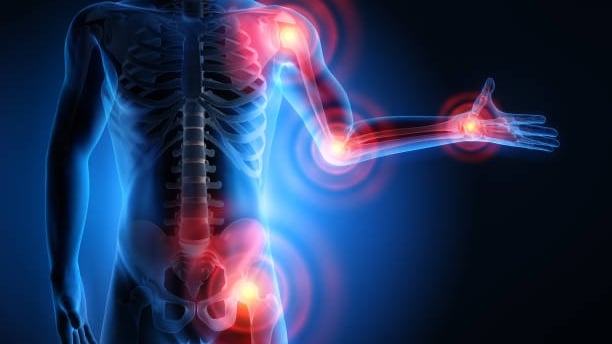The Challenges of Arthritis and Hand Injuries
Challenges and lived experience of those with arthritis and hand injuries
4/27/20242 min read


Understanding the Challenges of Arthritis and Hand Injuries
Arthritis and hand injuries are common conditions that can significantly impact daily life. This article explores the challenges posed by these ailments, shedding light on their symptoms, treatments, and the difficulties faced by those affected.
The Burden of Arthritis in the Hands
Arthritis, particularly osteoarthritis and rheumatoid arthritis, frequently affects the hands. These conditions can cause significant pain, swelling, and stiffness in the fingers, thumb, and wrist, leading to a decrease in range of motion and grip strength. Over time, joint deformities may develop, further complicating the ability to perform daily tasks such as opening jars, typing, or even holding a pen.
Symptoms:
Persistent pain or aching
Swelling and inflammation
Stiffness, especially in the morning
Decreased range of motion
Treatment:
Medications such as nonsteroidal anti-inflammatory drugs (NSAIDs) or corticosteroids
Physical or occupational therapy
Splints or joint assistive aids
Surgery, in severe cases
Challenges Posed by Hand Injuries
Hand injuries such as fractures, dislocations, and tendon injuries can arise from acute incidents or repetitive strain. The recovery from such injuries often requires a well-planned treatment strategy involving rest, immobilization, and eventually, rehabilitation exercises. Chronic pain and reduced hand function can persist if injuries are severe or not adequately treated.
Common Hand Injuries:
Fractures of the fingers or wrist
Tendonitis or tendinopathy
Carpal tunnel syndrome
Ligament sprains or tears
Rehabilitation Focus:
Restoring range of motion and strength
Pain management
Preventing long-term disability through adaptive techniques and ergonomics
Navigating Everyday Life with Hand Challenges
Individuals with arthritis or hand injuries often face difficulties in performing everyday tasks. Adaptive strategies and assistive devices, such as modified kitchen tools, ergonomic workstations, and voice-activated technology, can help maintain independence and reduce strain.
Psychological Impact
The chronic pain associated with these conditions can also lead to psychological stress, including anxiety and depression. It's crucial for healthcare providers to address these mental health aspects by offering support and resources to cope with the emotional burdens.
Conclusion
Arthritis and hand injuries present significant challenges that affect physical abilities, psychological health, and overall quality of life. Effective management requires a comprehensive approach involving medical treatment, rehabilitation, and adaptive strategies. Awareness and education about these conditions can empower those affected to lead more comfortable and fulfilling lives.
By understanding the challenges and available treatments, individuals can better navigate the complexities of these debilitating conditions.


